Starting later this year, almost every bottle or can sold in Scotland will come with an extra 20p deposit charge as a part of new recycling rules — but what about cans you buy in England?
And what about online orders from Scottish drinks sellers?
How would it work with imported bottles of booze, like wine from the continent?
These are just some of the questions our readers have been asking about the Scottish deposit return scheme after we published this article at the start of the year.
Once it’s operational from August 16, nearly all bottles and cans made of metal, glass or plastic will require a 20p deposit that you only get back by following the new rules.
We put five of our reader’s top questions to Circularity Scotland, the amalgam of big drinks producers and industry trade groups that is overseeing the scheme.
Question One: What happens with cans produced in England, Wales or Northern Ireland?
One of the most frequent questions we saw our readers asking about Scotland’s upcoming 20p deposit scheme is about cans or bottles purchased in England.
Once it’s live, a can of juice that would cost you £1 now will cost you £1.20 instead, and you’d only get the 20p back by recycling it in what is called a reverse vending machine, or over a counter in a shop.
But say you went to Newcastle, or Belfast, or Cardiff, bought 10 cans of juice, and took the empty ones back to Scotland.
Would you be able to get 20p for every can you put into a reverse vending machine?
According to Circularity Scotland, no.
They told us: “The deposit return scheme only covers drinks containers purchased in Scotland, so you wouldn’t get 20p back on a bottle or can that was purchased in England, Wales or Northern Ireland.
“This doesn’t mean that producers outside Scotland won’t still be able to sell their products in Scotland, they will just need to ensure that they are registered as part of the scheme.”
Question Two: What about online orders? Would companies have to take back all empties?
Another topic we noticed a lot in reader’s comments was questions about online sales of drinks.
During the worst of the pandemic, online orders of products like cans of beer or bottles of gin kept many small, independent businesses going through tough times financially.
Questions have been asked about the costs and time it would take for such small companies to have to offer a mandatory takeback service on empty containers that would fall under the rules of the scheme.
Circularity Scotland has argued the government is addressing these concerns.
They said: “We’ve been working closely with the Scottish Government and industry on this issue, and were pleased that the minister announced in December that only the largest supermarkets will have to provide online takeback.
“All other businesses will be exempt.”
They said that the introduction of online takeback for supermarkets “will also be phased-in, becoming available in 2025”.
Question Three: What about accessibility for pensioners or disabled people?
HUGE #accessibility issues with this that I keep flagging and no one listens. The burden of not being able to do this will fall heavily on #elderly and #disabled in exactly the same way as the "recycle with bags at stores" does now. I don't drive. I can't access this at all.
— Beki Jane (@bekijane) January 3, 2023
Some people raised fears about the practicalities of the new rules for people who aren’t able to get out and about easily, like pensioners and disabled people.
For many, it will be quite straightforward to take a bag of empties to the supermarket for your money back, but concerns have been shared for people who don’t drive, or rely on having their shopping delivered.
We put these worries to Circularity Scotland, and they said it’s “vital that the scheme is inclusive and ensures that people in every corner of the country can return their products”.
They continued: “We’re working with government, industry and our official logistics provider Biffa to ensure that there is a fully accessible network of return points across Scotland.”
But what about people who rely on online orders to get their weekly shop, if the online takeback won’t be active until 2025?
The Circularity Scotland spokesman added: “The Scottish Government has also committed to undertaking further work to determine how elderly and disabled people who may not be able to get to a physical return point will be protected during the phasing-in of online takeback.”
Question Four: Would imported bottles be part of the scheme or not?
Some readers were curious about imported bottles from countries completely outside of the UK, as according to Zero Waste Scotland, “importers will have the same obligations under the regulations as domestic producers”.
However, when it comes to exactly how this will play out in real life, Circularity Scotland was unable to provide precise clarity.
They said: “We recognise the complexities involved in the scheme when it comes to scheme articles being purchased outside of Scotland.
“We are working closely with industry and stakeholders to work through these challenges and will share an update on this in due course.”
The spokesman said that any importers who want to sell their products in Scotland need to register with the Scottish Environmental Protection Agency (Sepa) by February 28.
He added: “While businesses can make their own arrangements for this Circularity Scotland can do this on their behalf.
“If they haven’t already, we would urge producers to contact us on 0141 401 0899, or via our contact form.”
The owner of a Fife wine shop, which imports a lot of its drinks, raised fears last week that the rule changes would make it hard for him to sell a third of his stock.
Question Five: How will this work alongside my existing recycling with my local council?
Some readers questioned why Scotland is introducing a 20p recycling scheme for drinks containers, when right now almost all cans and bottles made of plastic, metal or glass are recycled by many local councils.
Circularity Scotland said that once the Scottish deposit return scheme is fully operational, it will result in a lot fewer containers ending up in the council’s recycling streams.
But if after August 16 you choose to put your empty drinks can into the recycling as you do right now, you won’t get your 20p back.
A spokesman said: “Single-use drinks containers are just one element of what local authorities collect for recycling from households and businesses.
“Deposit return scheme provides an opportunity to explore the most efficient and effective models to help improve Scotland’s recycling rates across the board.”
Do you have any more questions about the Scottish deposit return scheme?
You can get in touch with Circularity Scotland and find out more about the new 20p recycling rules here.
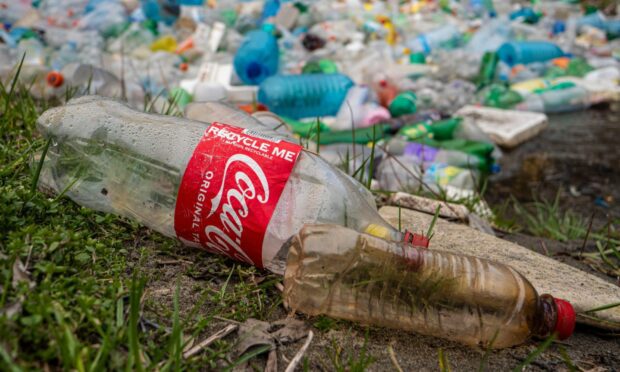
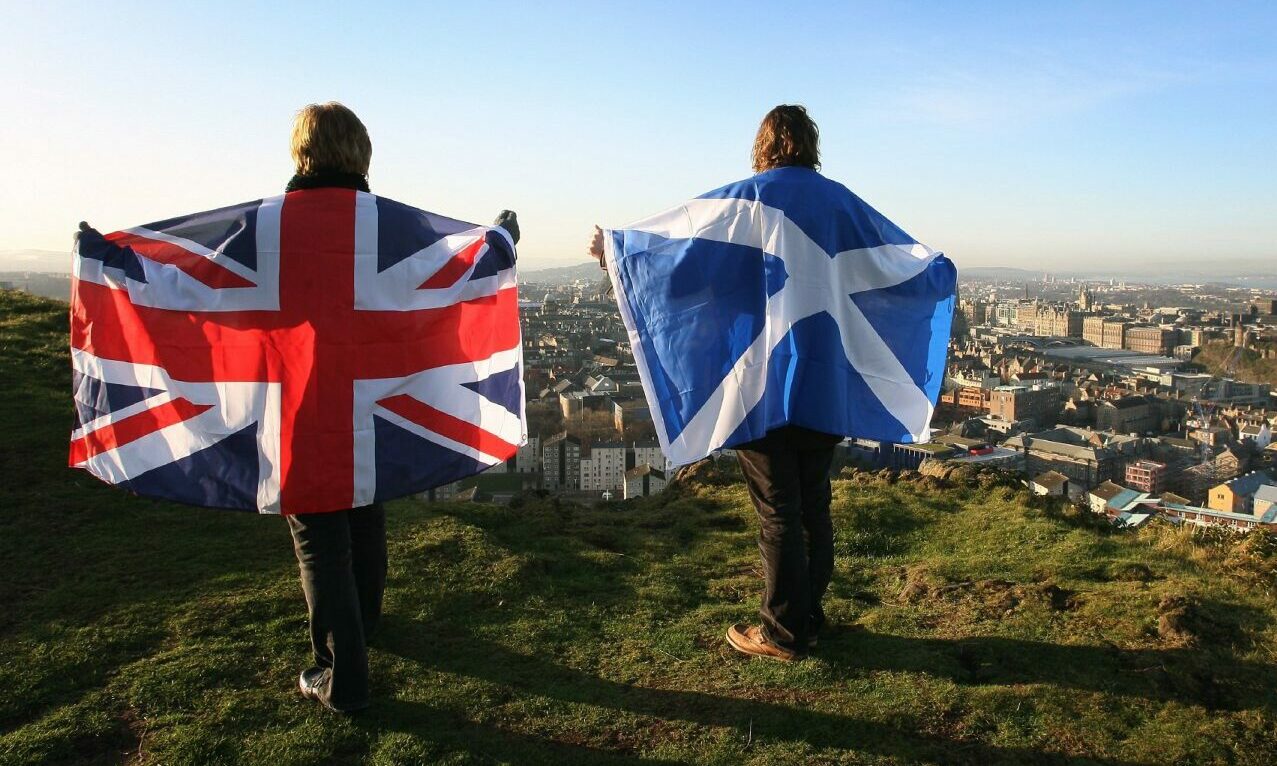
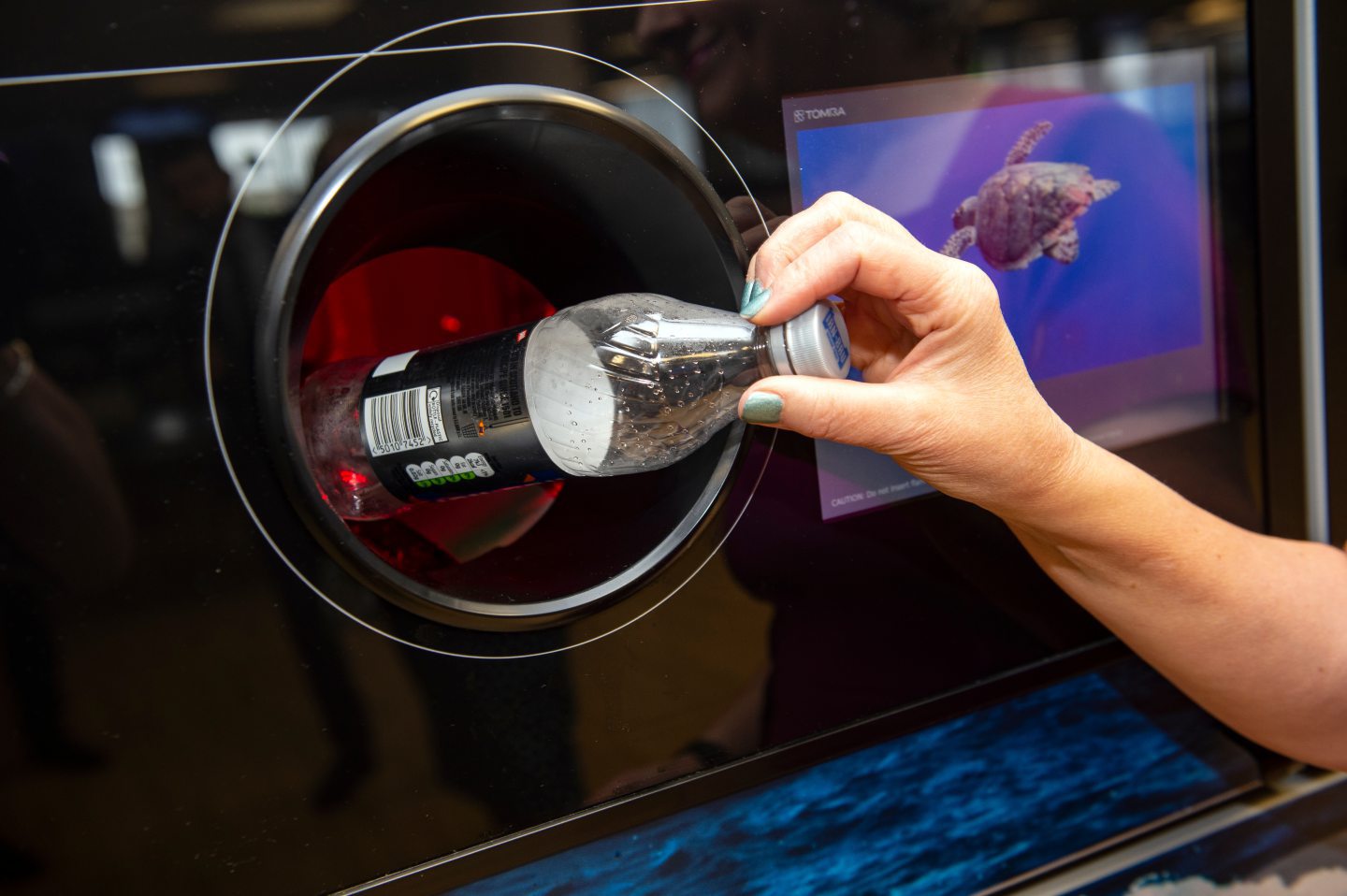
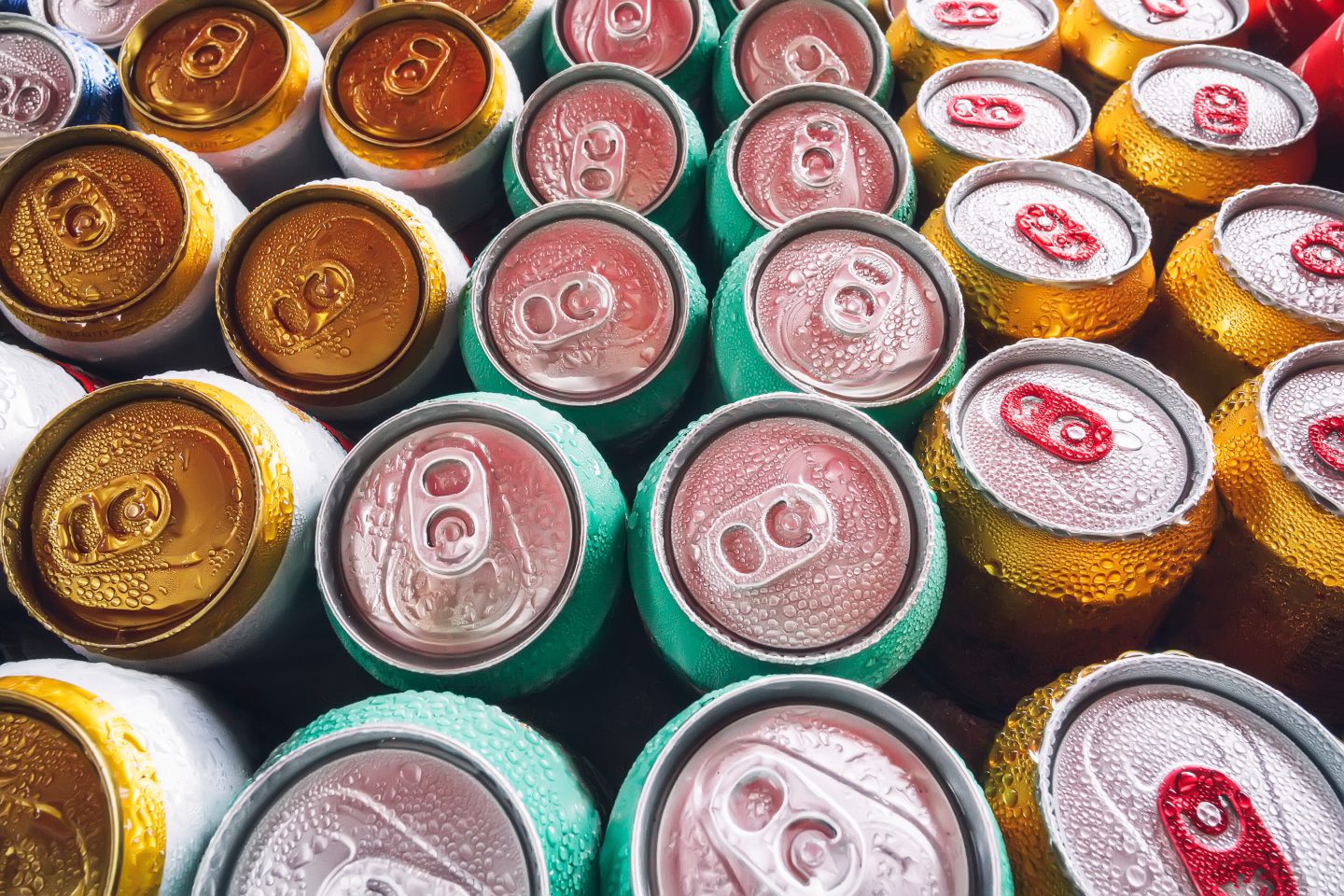
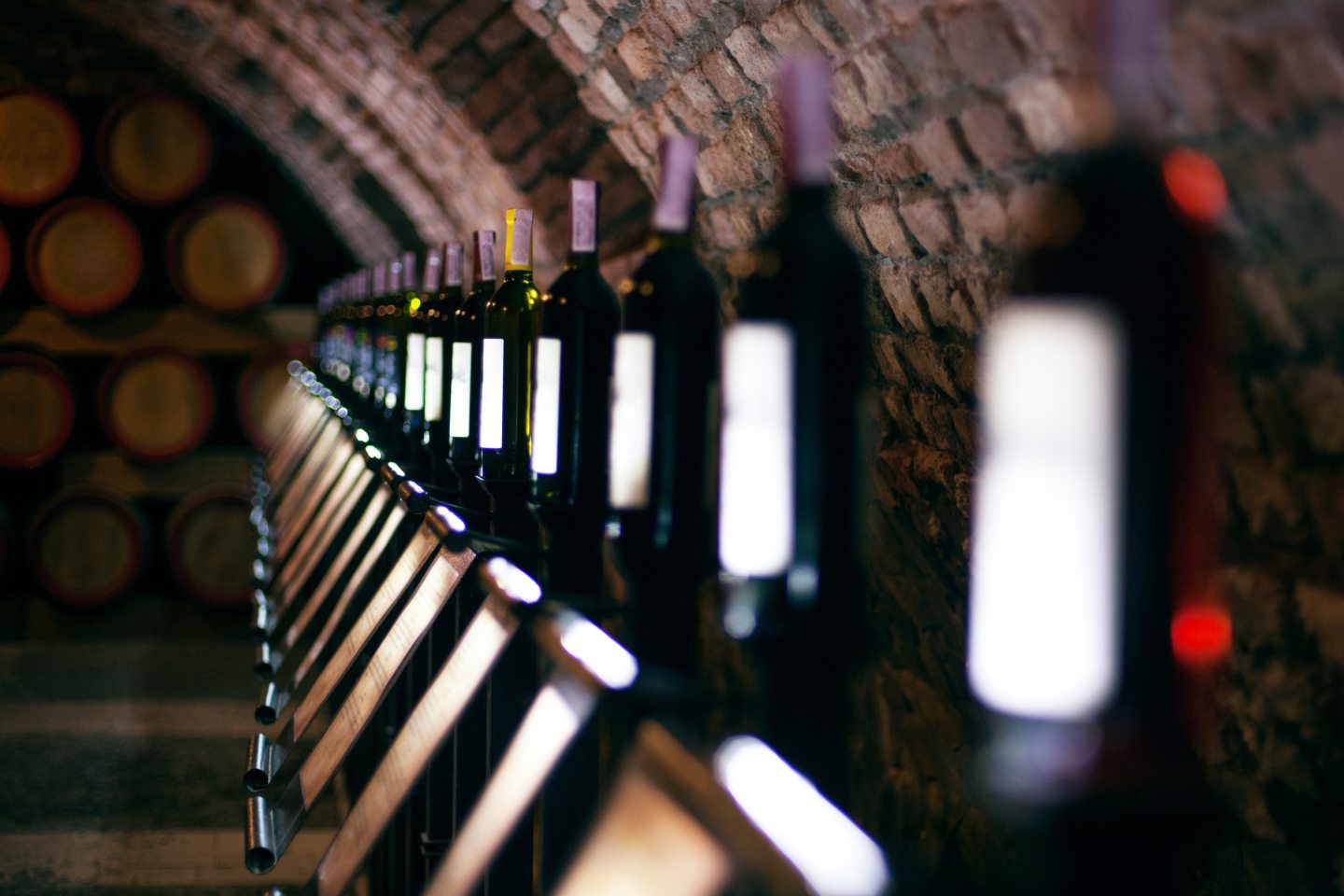
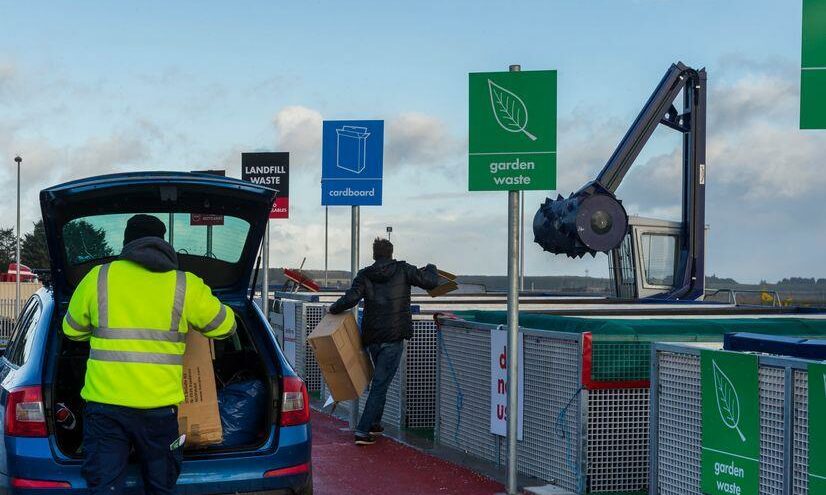




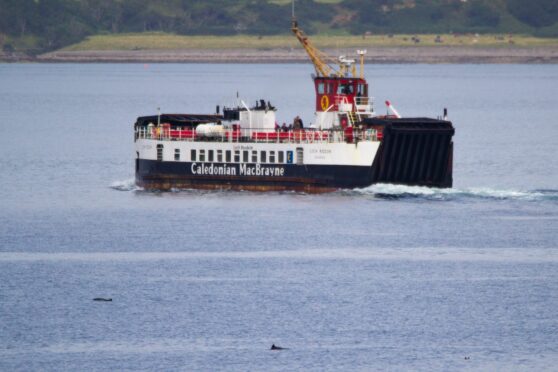


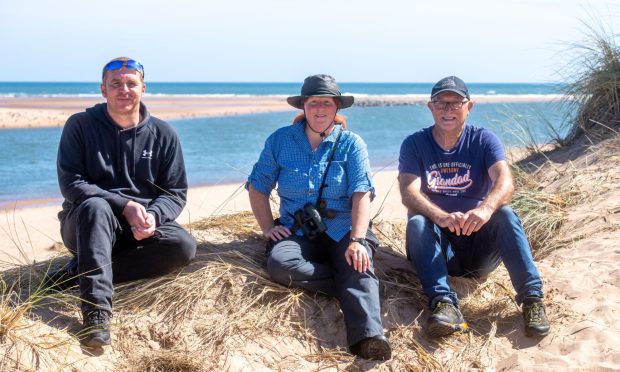
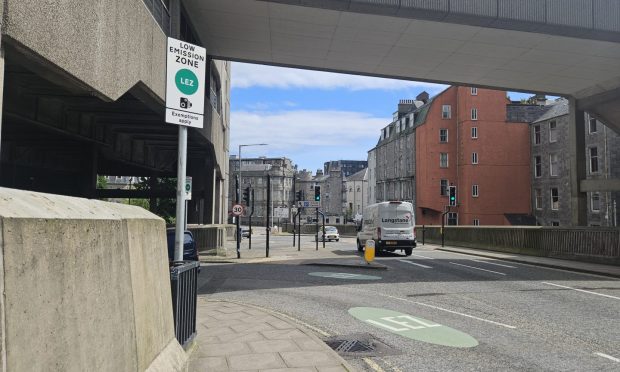

Conversation